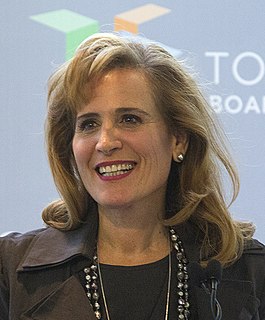A Quote by Paul Krugman
What saved the economy, and the New Deal, was the enormous public works project known as World War II, which finally provided a fiscal stimulus adequate to the economy’s needs.
Related Quotes
World War II was really unusual, because America was in the Great Depression before. So the war did help the US economy to get securely out of this decline. This time, the war [in Iraq] is bad for the economy in both the short and long run. We could have spent trillions in research or education instead. This would have led to future productivity increases.
Aggregate aid is to the Ethiopian economy what Obama's fiscal stimulus was to the American economy: minus these injections, both economies would suffer catastrophically. The theatrical blustering of the Ethiopian government notwithstanding, donor countries have a make-or-break power over the Ethiopia's prosperity.
We have to recognize that the reason that the global order that we've enjoyed and almost take for granted over the last several years exists is that after World War II, the United States and its allies tried to build an antidote to what they had seen between World War I and World War II. There, they'd seen protectionism, beggar-thy-neighbor trading policies, so they said, we'll build an open international economy. And they did that.
I’m pleased to see the progress made on the Windsor Regional Hospital project. This is an important project for our community in terms of the stimulus it is providing to the local economy and the vital role the new facility will play in providing state-of-the-art health care and treatment to Windsor residents.
It's important to remember that World War II was experienced very much as a continuity in that sense. Most of World War II in most of Europe wasn't a war; it was an occupation. The war was at the beginning and the end, except in Germany and the Soviet Union, and even there really only at the end. So the rest of time it's an occupation, which in some ways was experienced as an extension of the interwar period. World War II was simply an extreme form, in a whole new key, of the disruption of normal life that began in 1914.
There is a myth that the New Deal programs on their own pulled the US out of the Great Depression and created the conditions for the economic boom after World War II. As an economist, I can tell you, that is not true. In reality, it was mainly World War II that launched the boom - the massive war mobilization, the horrifying destruction and death caused by it, and then the reconstruction in its aftermath. he US was the only advanced capitalist country that was not bombed during the war.



































